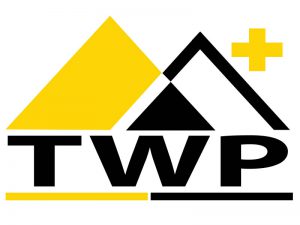Best Practices for Safe Disposal of Hazardous Chemicals to Protect Your Plumbing
In today’s world, it is crucial to consider the environmental impact of our actions, especially when dealing with substances that can harm both our surroundings and our infrastructure. Understanding the best practices for the management of these materials is essential for every household and business. Mismanagement not only threatens the ecosystem but can also lead to serious complications within your plumbing system.
When it comes to drain safety, many individuals underestimate the repercussions of improper material handling. By being informed and taking proactive measures, we can ensure plumbing protection while minimizing risks associated with toxic waste. Each small step contributes to a larger effort to safeguard both our homes and our planet.
In this article, we will explore effective strategies to ensure safe practices that promote longevity and sustainability. From local regulations to recommended disposal methods, we will unravel the essential steps to maintain the harmony between environmental responsibility and plumbing integrity.
Identifying Hazardous Chemicals in Your Household
Understanding the substances present in your home is crucial for maintaining safety and protecting our environment. Many common items contain components that can be detrimental to both human health and natural ecosystems. Household cleaning products, paints, and automotive fluids often fall into this category, containing volatile compounds that require careful handling.
Check product labels for warning symbols or phrases such as “toxic,” “corrosive,” or “flammable.” This information can signal the need for special attention when it comes to management and disposal. Additionally, old medications and certain gardening supplies can also pose significant risks if not addressed correctly.
Being aware of the environmental impact associated with improper disposal is essential. Mismanaged waste can lead to harmful substances entering the water supply, further emphasizing the importance of safe practices. To ensure that your efforts align with best practices, consider reaching out to local waste management authorities for guidelines.
Taking proactive measures for chemical disposal can contribute significantly to plumbing protection in your home. By identifying these materials and handling them correctly, you help prevent potential blockages and system failures that could arise from non-biodegradable substances clogging pipes.
For more guidance on maintaining safe practices for chemical management, you can explore more at https://onetouchplumbing.org.
Safe Disposal Methods for Different Types of Chemicals
When it comes to the management of various substances, selecting appropriate techniques for their elimination is essential for both plumbing protection and the safeguarding of our environment. Understanding the specific categories of materials allows individuals to choose the most suitable avenues for their termination.
For solvents and paints, it is recommended to utilize local hazardous waste collection events or designated disposal facilities. Many communities provide scheduled days where residents can drop off these materials without fear of contaminating their surroundings.
Aqueous cleaners often pose a less severe threat, yet proper methods should still be employed. Diluting these solutions with plenty of water before discarding them down the drain can help limit potential repercussions, assuming the products are biodegradable. However, checking local regulations is always advisable.
Electronics, containing toxic substances like lead or mercury, require specialized recycling programs. Several organizations specialize in taking back old devices to ensure their components are either safely disposed of or recycled, thereby minimizing environmental impact.
Oils and automotive fluids must be handled with extreme care. Many auto shops accept used motor oil and other residues for recycling purposes. Placing these liquids in sealed containers and taking them to designated facilities is vital for preventing soil and waterway pollution.
Ultimately, the understanding of specific elimination methods can prevent costly repairs and reduce overall environmental harm. By taking responsibility for the management of such materials, we can enhance community safety and contribute positively to ecological health.
Preventing Plumbing Damage from Improper Disposal
In order to safeguard your plumbing system, it’s essential to recognize the potential threats posed by unsuitable waste management practices. The improper handling of toxic substances can lead to significant complications within your pipes, often resulting in costly repairs and environmental repercussions.
By understanding the implications of inadequate waste management, you can take proactive steps to ensure that your home’s plumbing remains intact. Educating yourself and your household members about the types of substances that are detrimental to your drainage system is key. This awareness will foster responsible habits and lead to a reduction in unintended consequences.
Incorporating effective waste management strategies contributes to the overall protection of your plumbing. For instance, utilizing designated collection events for specific materials or engaging with services that specialize in safe elimination methods can drastically minimize risks associated with conventional disposal techniques.
Additionally, understanding the environmental impact of your choices plays a crucial role in promoting sustainability. By opting for eco-friendly alternatives and participating in community efforts geared toward safe waste handling, you not only preserve your plumbing integrity but also contribute positively to the planet.
Ultimately, fostering a culture of conscientious waste management within your household can dramatically reduce potential threats to your plumbing system while promoting a healthier environment.

